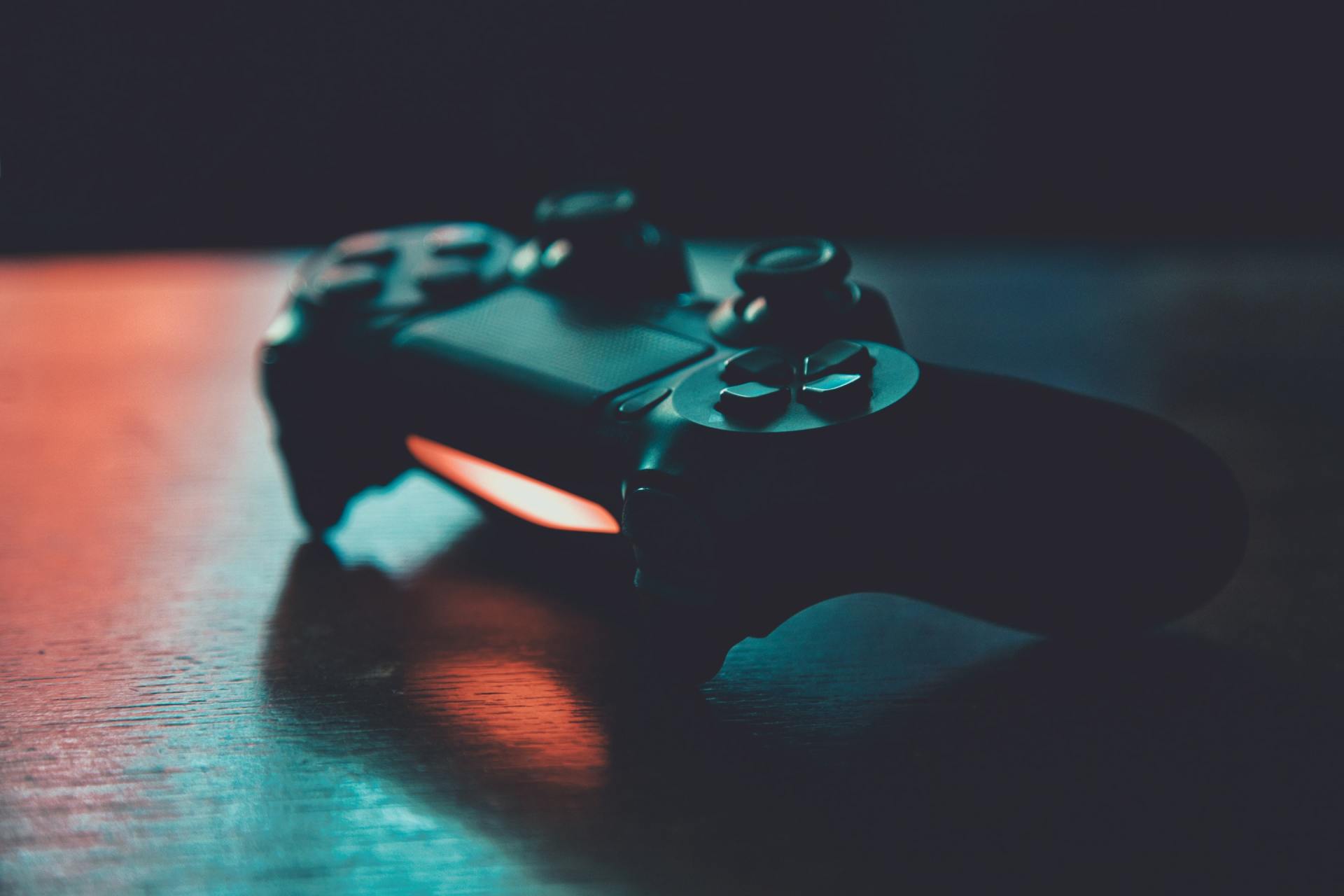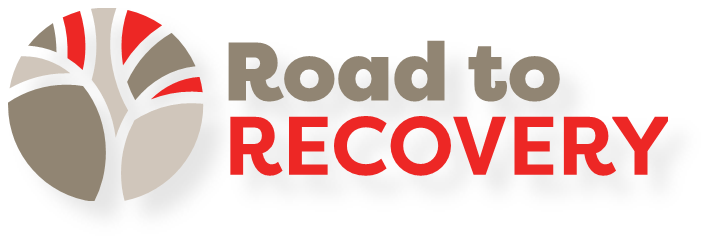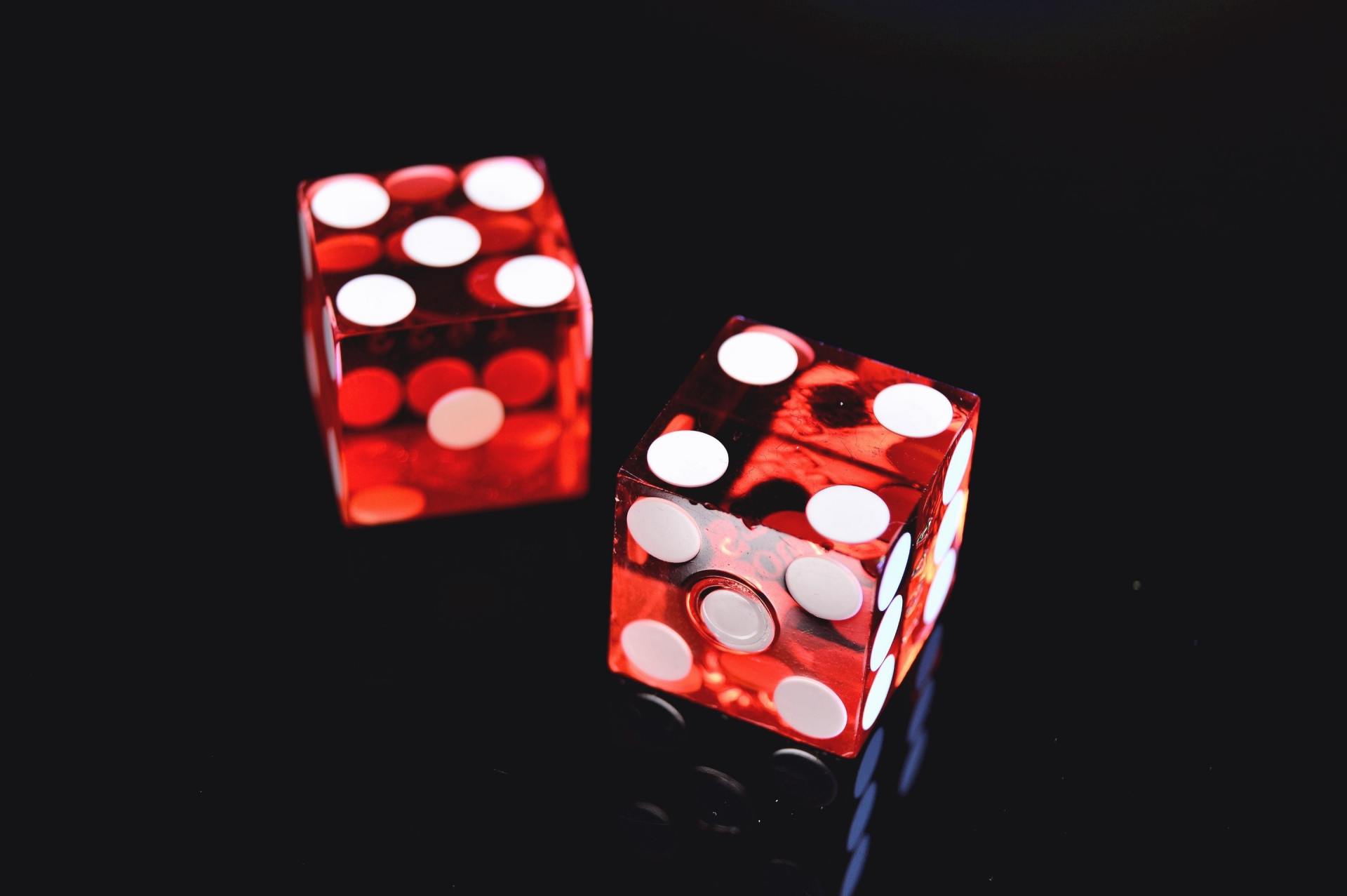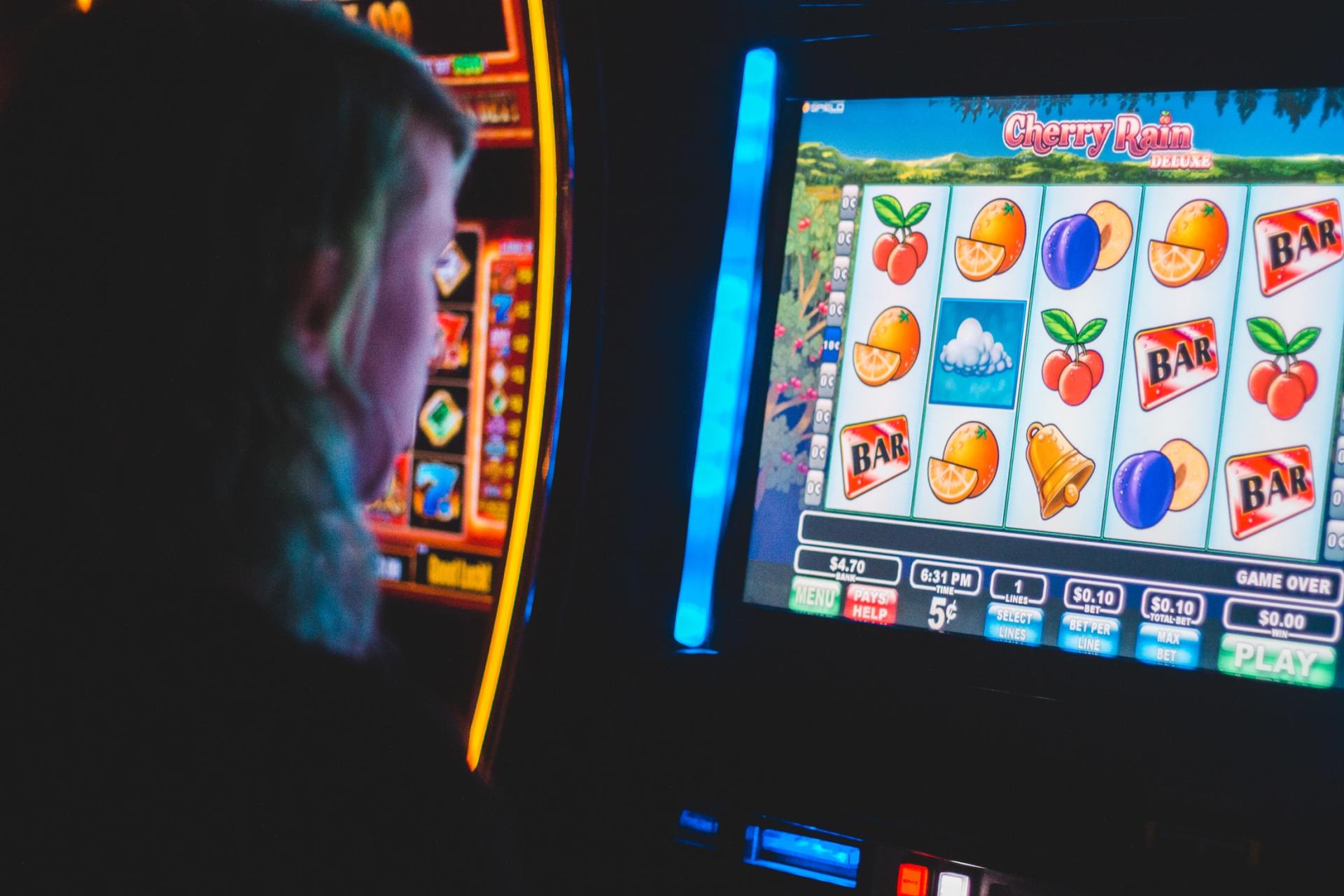When Gambling Becomes a Problem – There’s Hope
If you or someone you love is experiencing a gambling-related problem, help and information are available at the 24-hour, toll-free Washington Helpline: call or text 1-855-922-1558.
Pause. Breathe. Connect.
Problem gambling is a complex health issue that often requires treatment, counseling and support. If you cannot walk away when you’ve reached your limit, or if you find yourself pre-occupied with thoughts of gambling or in conflict with others because of your compulsive gambling activity, call or text Washington State’s Problem Gambling Helpline for assistance: 1-855-922-1558.
You are not alone. Treatment is available and effective. If you are a family member, friend, or employer of a person struggling with gambling problems, help is available for you, too.
Always Play Responsibly
- Gamble only if it’s fun
- Set a dollar limit and stick to it
- Accept losing as part of the game
- Don’t borrow money to gamble
- Don’t let gambling interfere with family, friends or work
- Don’t gamble to pay back losses
- Don’t gamble as a way to cope with emotional or physical pain
If gambling becomes a source of stress, take a break. STOP playing. If you cannot stop, seek help. Call or text the 24-hour Helpline at 855-922-1558 for assistance in finding help for gambling-related problems.
Signs of Problem Gambling Are Often Overlooked and Not Discussed
Certified Problem Gambling Counselors Tana Russell and Brad Galvin help us understand this growing issue.
How Problem Gambling Uniquely Impacts Different Communities
In some Asian and Native American communities, gambling is a major aspect of their culture.
How Too Much Gaming Can Negatively Impact Children and Adults
Video games can be an entertaining recreation activity, but for some, they can become addicting.
Behavioral Specialists Use Holistic Approaches To Treat Problem Gambling
Addiction can take on many forms, and whatever outward outlet it may take internally there are many similarities.
Casinos and Lawmakers Providing Resources For Problem Gambling
Casinos are working to provide problem gambling resources to help protect community members from negative consequences.
So-Called “Free” Social Casino Games Can Lure You In, Get You Hooked, and Bleed You Dry
It’s a time-tested axiom of the drug trade: the first one is free; the second will cost you.
Addiction Recovery Coaches Help Create Unique Action Plans Just For You
You don’t have to do it alone! Coaches provide individual support and access to resources that help in the journey to long-term recovery.
Pause. Breathe. Connect.
If you or someone you love is experiencing a gambling-related problem, help and information are available at the 24-hour, toll-free Washington Helpline: call or text 1-855-922-1558.
If you’d like to receive additional information or resources, please contact us today.
Recovery Cafe Contact Form
Thank you for contacting us.
We will get back to you as soon as possible.
We will get back to you as soon as possible.
Oops, there was an error sending your message.
Please try again later.
Please try again later.
Find Long-Term Recovery Support Near You
All Locations
LIST
MAP
Find nearest location
- Recovery Café Jefferson County 10th St, Port Townsend, WA, USA
- Everett Recovery Café 2212 Broadway Ave, Bayside, Everett, 98201, WA, United States
- Recovery Café Seattle 2022 Boren Ave, Belltown, Seattle, 98121, WA, United States
- Recovery Café Kitsap Bremerton, WA, USA
- Recovery Café Orting Valley 190 Train St SE, Orting, 98360, WA, USA
- Recovery Café Spokane 214 N Cedar St, Peaceful Valley, Spokane, 99201, Spokane, WA, United States
- Recovery Café Clark County Vancouver, WA, United States
- Recovery Café SODO 4202 6th Ave S, Seattle, 98108, WA, United States
Pause. Breathe. Connect.
If you or someone you love is experiencing a gambling-related problem, help and information are available at the 24-hour, toll-free Washington Helpline: call or text 1-855-922-1558.
Recent Blog Posts

05 Jun, 2020
On the heels of COVID-19, we’re all spending more time at home. In some households, that means spending more time with family and baking banana bread - but it also means a likely increase in screen time and online gaming. While online gaming can be an entertaining recreational activity, when does it start to become problematic? We’ve asked the experts about the five things you’ll need to know.

01 Apr, 2020
For many, gambling is a fun form of recreation and entertainment. In many cultures, traditional forms of gambling preceded the gambling we know today. From stick games, or bone games, that have specific cultural meanings and purposes in Native American cultures to Mahjong and card games in Asian communities, gambling has been a part of our lives. In fact, it’s more than just fun and games - it serves as a way to bring these communities together. Many cultural factors influence gambling, notions of luck, and social aspects in different cultures. “It’s very much ingrained in our culture,” certified problem gambling counselor Sarah Sense-Wilson tells New Day Northwest of Native American gambling culture. “When you look at the modern-day, we have casinos and different gaming venues where our communities gather for a variety of purposes, and generally it’s a hub for our communities, from funeral services, elections, elder gatherings, and conferences.” It’s not much different in Asian communities as well. “In our community, we tend to be more superstitious,” Victor Loo of Asian Counseling and Referring Services tells New Day Northwest. “In general, when Asian immigrants come to this country, we don’t speak the same language. When you go to a casino, that becomes a universal language.” While cultural gatherings mesh well with gambling and gaming, it can quickly become a problem for some. In fact, Loo notes that in the Asian community, the prevalence of problem gambling can be as high as 60 percent.

20 Mar, 2020
Office pools for the Super Bowl and office brackets for the NCAA March Madness tournament seem harmless on the surface - and it is for most. But the reality is that more than two million Americans meet the qualifications of gambling addiction, and another four to six million are considered problem gamblers, according to the National Council on Problem Gambling ( NCPG ). “This can be a really hidden addiction, so there’s nothing that may be obvious in terms of a hangover,” says Certified Problem Gambling Counselor Brad Galvin. “Often, it’s much more subtle. That’s why it’s so important for us to be focusing on this.”
Follow the links below for additional resources
© 2024
All Rights Reserved





